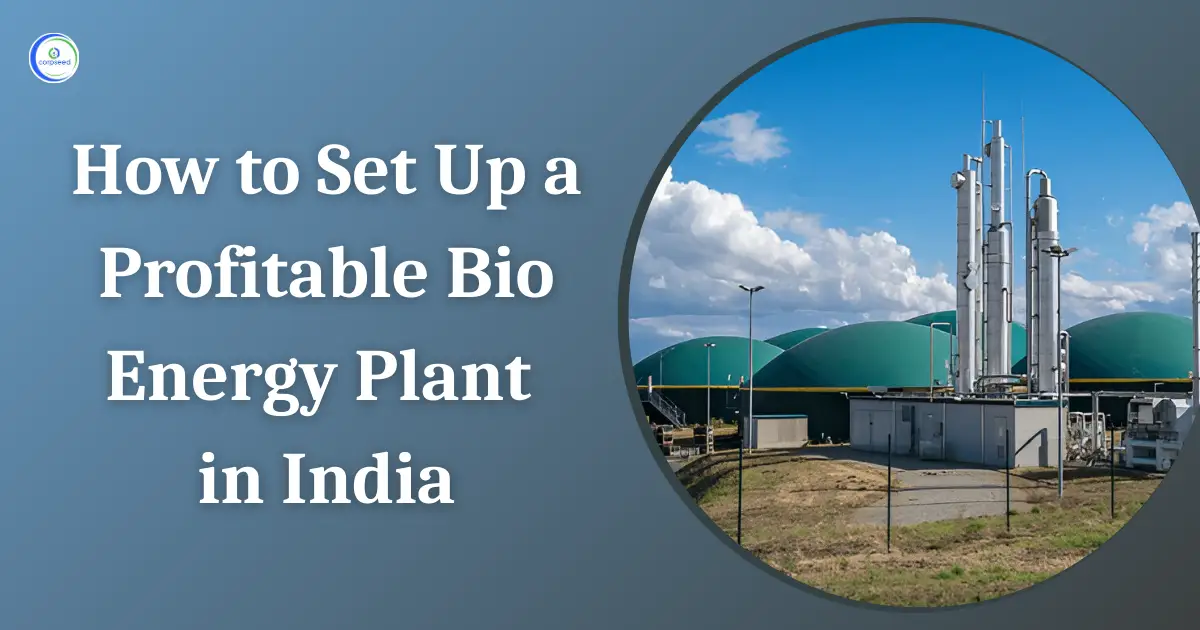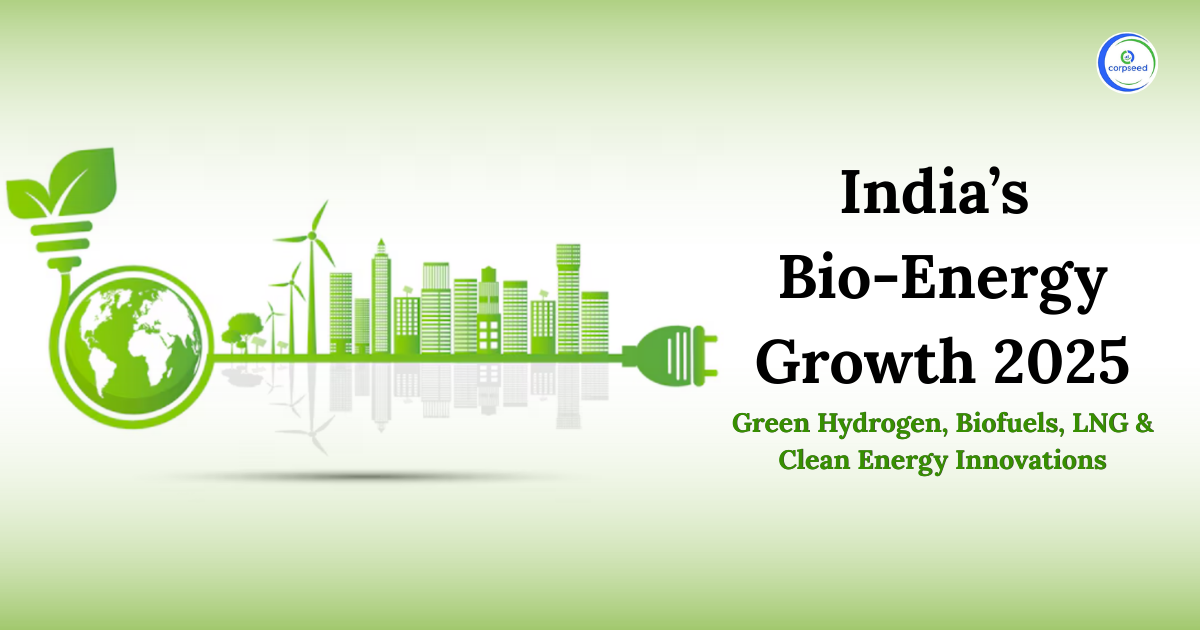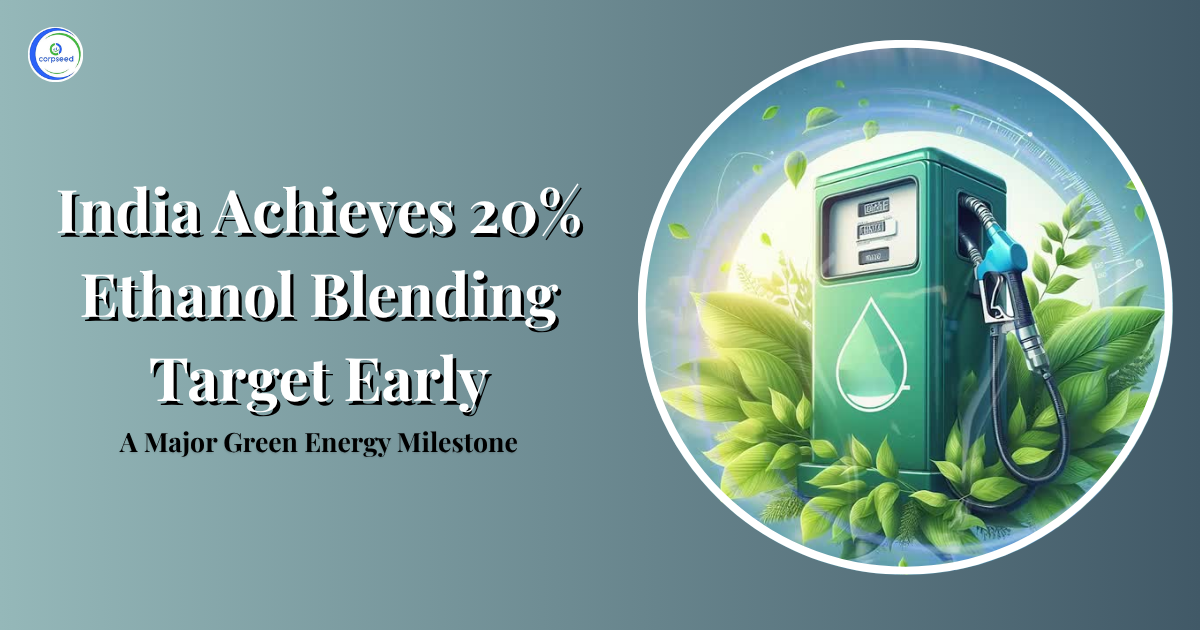Introduction
Biogas generation is a sustainable and environmentally friendly method of producing electricity by using biological waste products as a source of energy. The anaerobic digestion of organic materials, such as agricultural wastes, animal dung, or municipal garbage, is the first step in the production of biogas electricity. Without oxygen, microorganisms decompose these organic materials to produce biogas as a byproduct. Methane is the main component of biogas and is a powerful, clean-burning fuel.
Table of Contents
--------------Blog Contact Form-------------
After that, the biogas plant is used to power turbines or petrol engines that produce energy. This method turns organic waste into a useful resource, which aids in waste management in addition to producing renewable energy. The production of energy from biogas plants is a sustainable substitute for conventional fossil fuel-based power plants, helping to reduce greenhouse gas emissions and slow down global warming.
Biogas electricity can be used for on-site energy requirements or integrated into the current power system. By converting organic waste into a useful energy source, encouraging environmental sustainability, and accelerating the shift to a greener and more robust energy infrastructure, biogas plant are essential to the development of a circular economy.
Benefits of Electricity Powerhouse Generation from Biogas
Biogas electricity plant generation has many positive social, economic, and environmental effects. First, it is a renewable and sustainable energy source that lowers greenhouse gas emissions and dependence on finite fossil resources. The creation of biogas from organic waste helps to minimize landfill consumption, address environmental concerns, and manage trash more effectively.
Biogas plants also encourage energy independence by varying the energy mix. Local energy production helps communities and farmers become less reliant on centralized power systems. Security and resilience in energy are improved by this decentralization.
Additionally, the process yields useful byproducts like digestate, which is rich in nutrients and may be used as a powerful organic fertilizer to promote soil health and agriculture. In the field of renewable energy, biogas generation from biogas plants generates jobs, promoting sustainable development and economic expansion.
Additionally, by trapping methane, a strong greenhouse gas, during the waste breakdown process, biogas plants help to mitigate climate change. Biogas electricity generation is an essential part of a circular economy since it benefits from both waste management and the production of renewable energy, which is in line with worldwide attempts to shift towards cleaner, greener, and more sustainable energy practices.
Electricity Powerhouse Generation from Biogas: Environmental Impacts
The production of electricity from biogas plants provides several environmental benefits that help reduce environmental footprints and promote sustainability. A noteworthy influence is the reduction of greenhouse gas emissions. Anaerobic digestion of organic materials is used in the creation of biogas, which stops the atmospheric emission of methane, a powerful greenhouse gas. Biogas is a low-carbon substitute for conventional fossil fuels since methane extraction and use as a fuel in power generation greatly reduce overall emissions.
Moreover, the creation of biogas from organic waste solves waste management issues. Biogas plants help minimize the environmental impact of conventional waste disposal methods and help prevent the release of dangerous pollutants by diverting municipal trash, animal manure, and agricultural wastes from landfills.
Biogas electricity generation closes the circle on organic material utilization, promoting a circular economy. Anaerobic digestion produces nutrient-rich digestate, a byproduct that can be added back to the soil as an organic fertilizer. This increases soil fertility, encourages environmentally friendly farming practices, and lessens the need for artificial fertilizers, which may be harmful to ecosystems.
Biogas plants also aid in the preservation of biodiversity. Since sustainable waste-to-energy methods provide an alternative to conventional energy sources that might include habitat destruction or resource extraction, they lessen the strain on natural ecosystems.
Additionally, transmission losses connected with centralized power plants are decreased by the decentralized nature of biogas power generation. By doing this, energy efficiency and resilience to power system disturbances are improved.
Even though producing power from biogas has many positive environmental effects, sustainability depends on carefully evaluating the feedstock's source and life cycle as a whole. Biogas plants are essential for promoting environmentally friendly energy solutions and advancing the transition to a more resilient and sustainable future when they are handled properly.
Electricity Powerhouse Generation from Biogas: Process
Biogas is a useful and sustainable energy source that may be produced through a multi-step process that turns organic waste into electricity. The principal phases consist of:
- Feedstock Collection
Transported to the biogas facility are a variety of organic resources, including municipal garbage, animal dung, and agricultural leftovers.
- Anaerobic Digestion
Large anaerobic digesters use a biological process called anaerobic digestion to break down complex organic molecules in the absence of oxygen. This process is applied to the organic feedstock. Methane (CH4) and carbon dioxide (CO2) make up the majority of the biogas produced by this fermentation process.
- Biogas Capture and Storage
The biogas that is produced is collected and kept for later use. By doing this action, greenhouse gas emissions are decreased since methane is not released into the atmosphere.
- Power Generation
To produce power, the stored biogas is used as fuel in turbines or petrol engines. This method, which turns the chemical energy in biogas into electrical power, is incredibly effective.
- Electricity Integration
The electricity produced can be utilized locally to power the community, farm, or facility, or it can be linked to the nearby power system.
Digestate is the co-product that is created during this process. Digestate can be utilized as an organic fertilizer, completing the cycle of nutrients and supporting sustainable agriculture. It is a nutrient-rich material. All things considered, this integrated system promotes environmental sustainability, handles waste management issues and generates clean energy.
Conclusion
In summary, biogas-based electricity powerhouse generation is a highly praiseworthy solution with numerous benefits, staking its claim to be a key factor in the shift to a more environmentally friendly and sustainable energy landscape. This novel approach not only tackles the urgent problems associated with waste management, but also significantly contributes to economic growth, environmental preservation, and energy resilience.
The effects that biogas plants have on the environment are especially significant. Anaerobic digestion allows biogas plants to extract energy from organic waste, which is a vital component in reducing greenhouse gas emissions. Methane is a powerful greenhouse gas that can be captured and used to break the linear model of resource use by reducing environmental harm while also turning waste materials into a profitable resource.
Moreover, a circular economy strategy is guaranteed by the closed-loop system which is a feature of biogas generation. The digestate by-product, which is rich in nutrients, can be used as a sustainable organic fertilizer to improve soil fertility and encourage farming methods that reduce the use of artificial chemicals. This combination of nutrient recycling and waste-to-energy leads to a more comprehensive and regenerative use of resources.
Economically speaking, the production of power from biogas promotes regional growth by generating jobs in the renewable energy industry. These powerhouses' decentralized design also improves energy resiliency and independence by lowering reliance on centralized grids and minimizing transmission losses. The democratization of energy resources is strengthened by this decentralized model, which gives communities, farmers, and businesses the ability to actively engage in the generation of energy.
In summary, biogas-based electricity powerhouse generating is a highly attractive and adaptable option that not only tackles urgent environmental issues but also fits in with larger sustainable development objectives. The use of biogas in power generation is becoming increasingly important as efforts worldwide to address climate change and switch to cleaner energy sources pick up steam. It provides a flexible and scalable solution for a more sustainable and greener future.
This portion of the site is for informational purposes only. The content is not legal advice. The statements and opinions are the expression of author, not corpseed, and have not been evaluated by corpseed for accuracy, completeness, or changes in the law.
BOOK A FREE CONSULTATION
Get help from an experienced legal adviser. Schedule your consultation at a time that works for you and it's absolutely FREE.


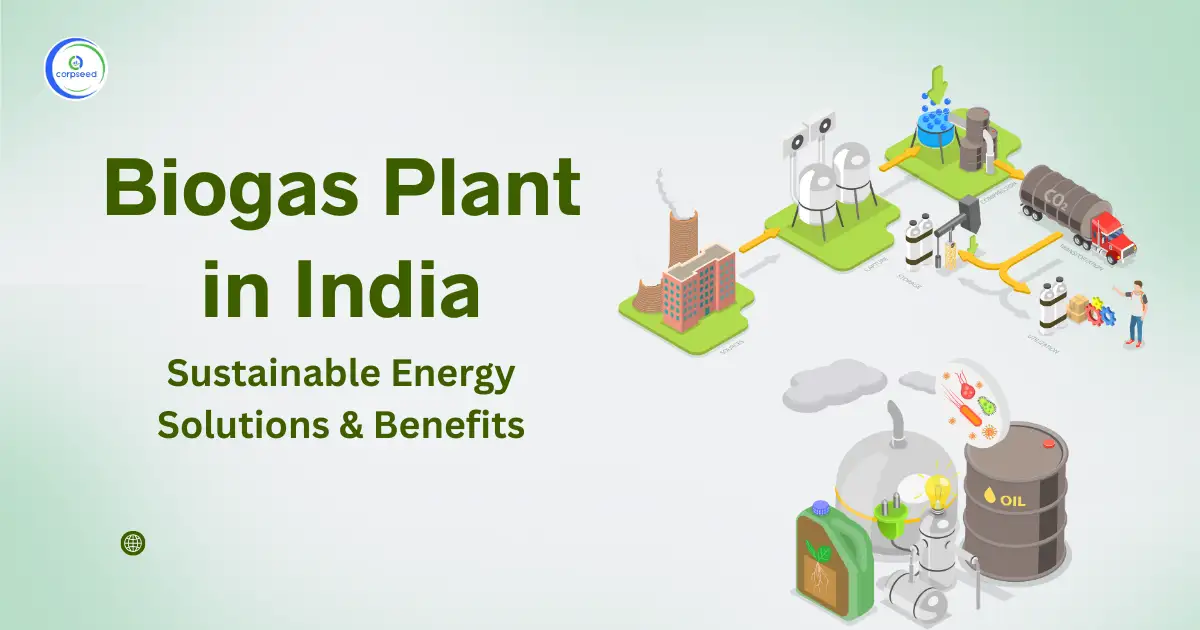
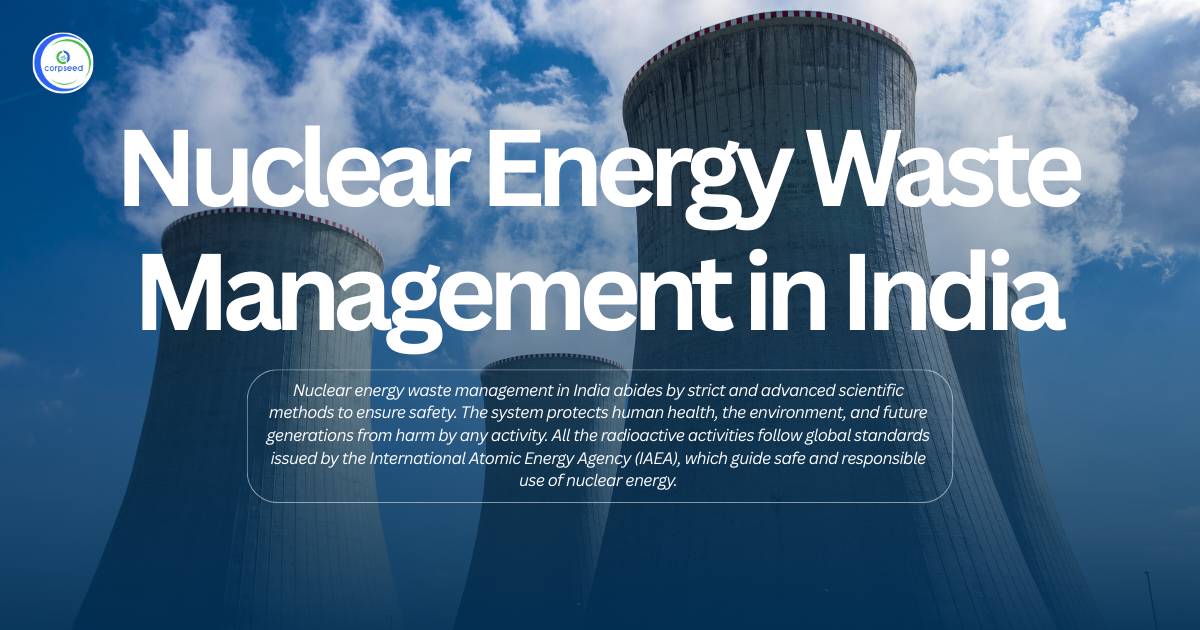
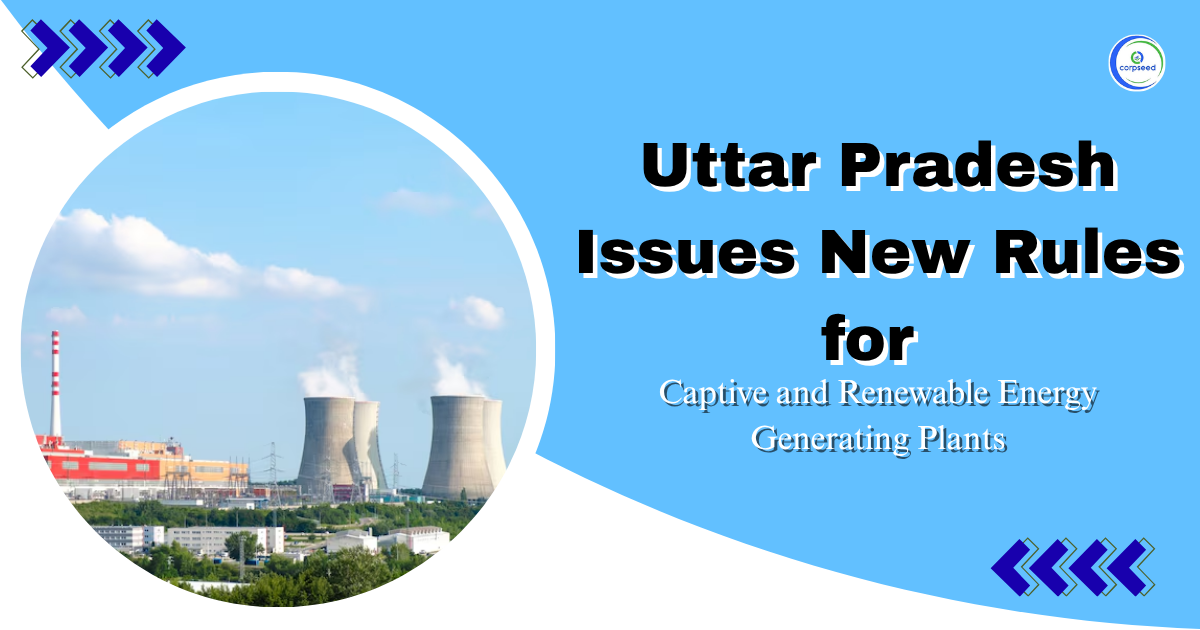

.webp)
